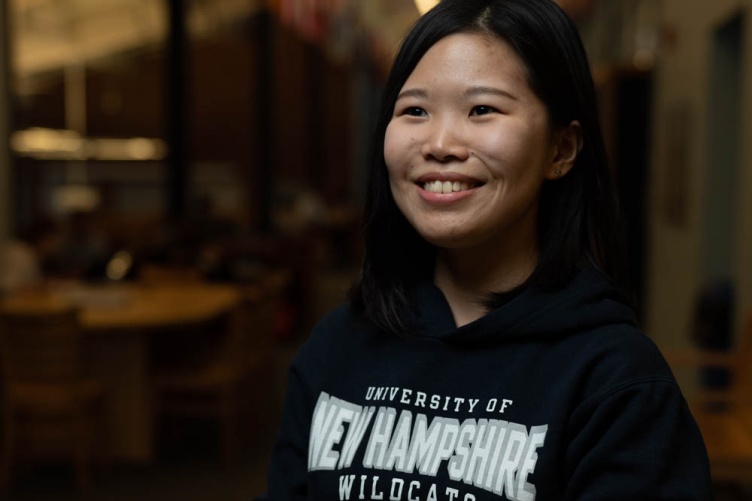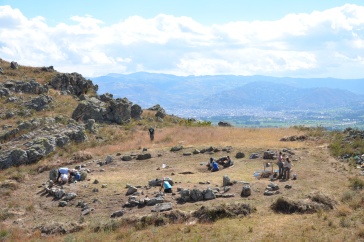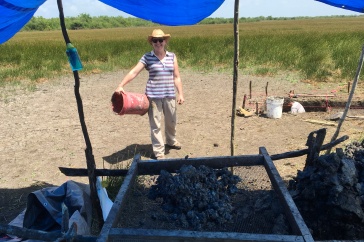
Before Tomoyo Ieda ‘22 came to UNH as an exchange student, she was volunteering with a nonprofit, where she tutored students living in poverty. A senior at the Saitama University outside of Tokyo, she had a professor who recognized her interest in the subject.
“In talking with my professor, I learned child poverty was an issue in America, so I thought coming here would be a good step,” Ieda says. Saitama University also serves as a host school for UNH students who want to study abroad.
“The English that the professors speak and the that English the students speak is like a different language to me."
Ieda’s yearlong exchange program began last semester; she ended her first term earning highest honors. Not long after she arrived, she got involved with Buddies Without Borders, a UNH group that matches international students with students from the U.S. in one-on-one relationships for social interactions, conversations and fun. Ieda also is a member of the Japanese Cultural Club.
Her focus is in American studies, providing Ieda with an additional perspective on American life and culture. She has been studying English since she was 6 years old. Before coming to UNH, she attended an international language school in Washington, D.C. for five weeks. While she is fluid in English, Ieda says there are challenges.
“The English that the professors speak and the English that the students speak is like a different language to me,” she says. “In one-on-one conversations, I do okay but when we’re having a discussion, it’s hard to keep up.”
The coursework here has also posed a challenge. She has found it more difficult — or, she says, maybe it’s just that it’s different.
“Universities in the U.S. are much harder than in Japan,” Ieda says. “In Japan, the entrance exam is severe, and English is a big part of that. Once you’ve been accepted, though, the classes are easier. Part of it is the different studying styles. I was a little overwhelmed when I first came to UNH because there are so many assignments. But the professors here are kinder and always welcome students when they go talk to them.”
UNH is “much, much bigger” than her school, which has an enrollment of approximately 9,000 students. Saitama has five undergraduate schools: economics, education, engineering, liberal arts and science, and offers graduate work in cultural science, education, economic science and science and engineering. More than 500 students annually pursue undergraduate and postgraduate studies abroad. UNH describes the university as “one of Japan’s most innovative institutions.”
Ieda will return to Saitama as a fifth-year student so she can complete a teaching license course. She’ll graduate in March 2022. In the process, she will try to sort out her future.
“I’m still interested in poverty work and the education field, but I have not fully decided what I want to do,” Ieda says. “Maybe I’ll be a tutor or maybe I’ll do something like make textbooks.”
What she won’t do — at least not at this point — is seek a job in this country.
“Studying in the U.S. has been great, but as far as making a living here goes, I don’t think it would be that easy for me,” Ieda says. “But the life here has made me realize that the biggest barrier is not the language. I don't mind doing almost everything alone, which is a good skill but sometimes my weak point. Now that I know my personality, I try to go out to make connections with as many people as possible, as I do in Buddies Without Borders and the Japanese Cultural Club, so that I can make the best use of my UNH life.”
-
Written By:
Jody Record ’95 | Communications and Public Affairs | jody.record@unh.edu



















































